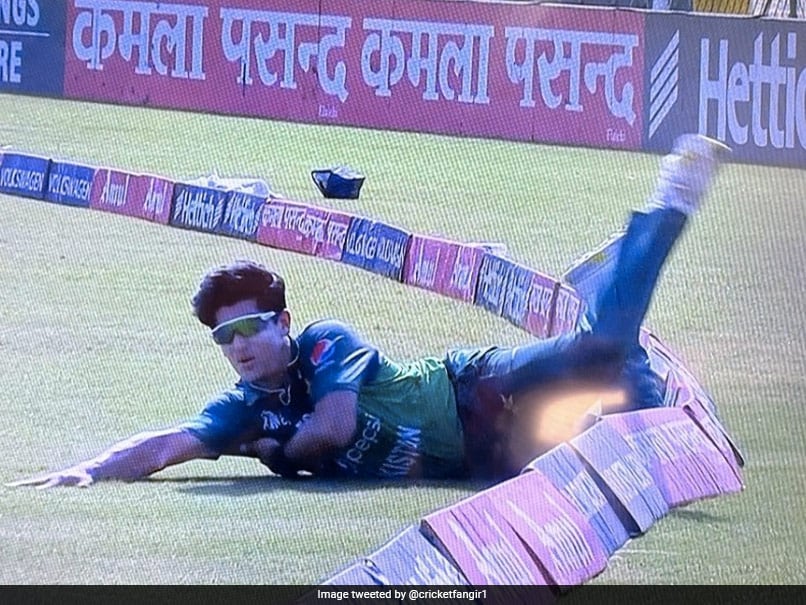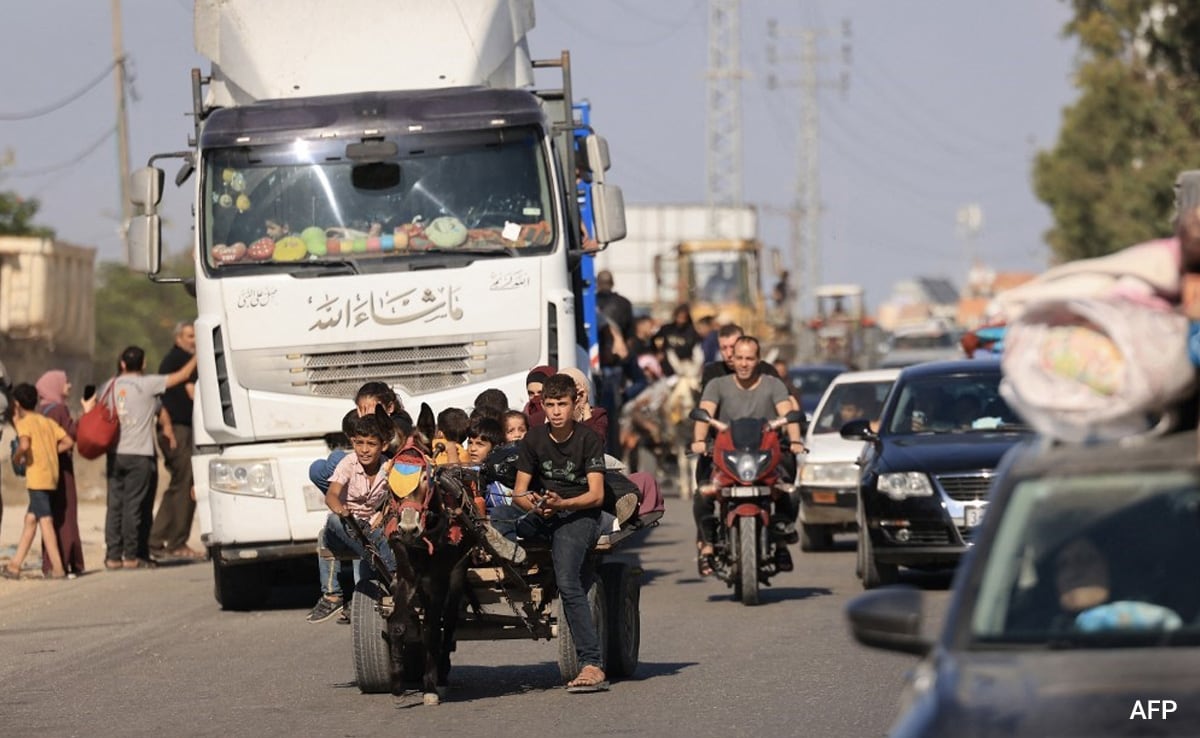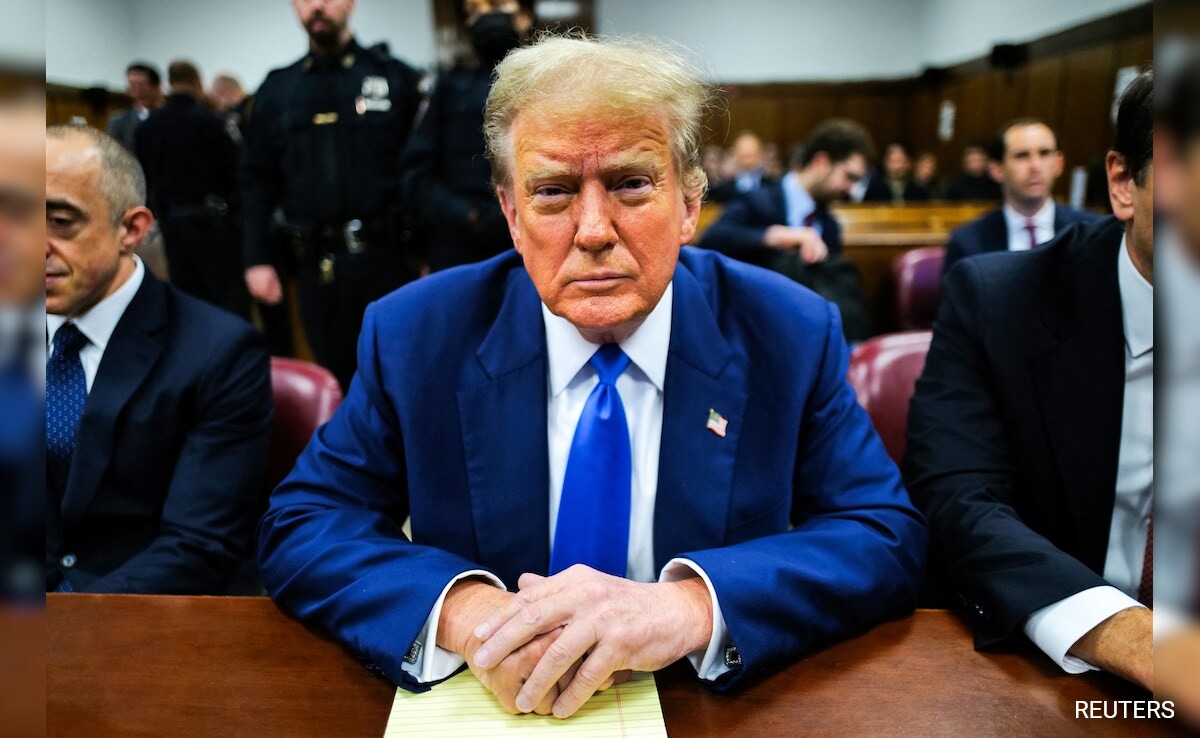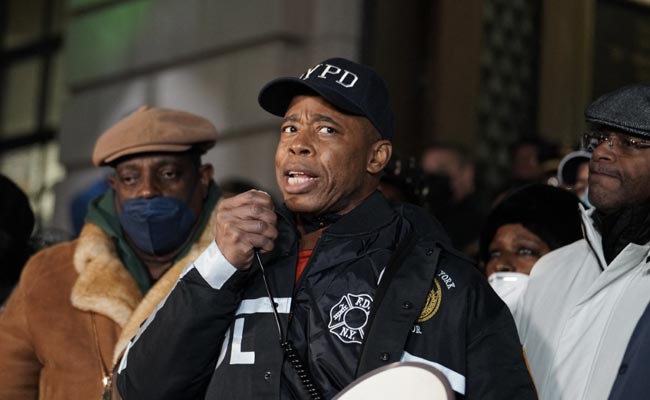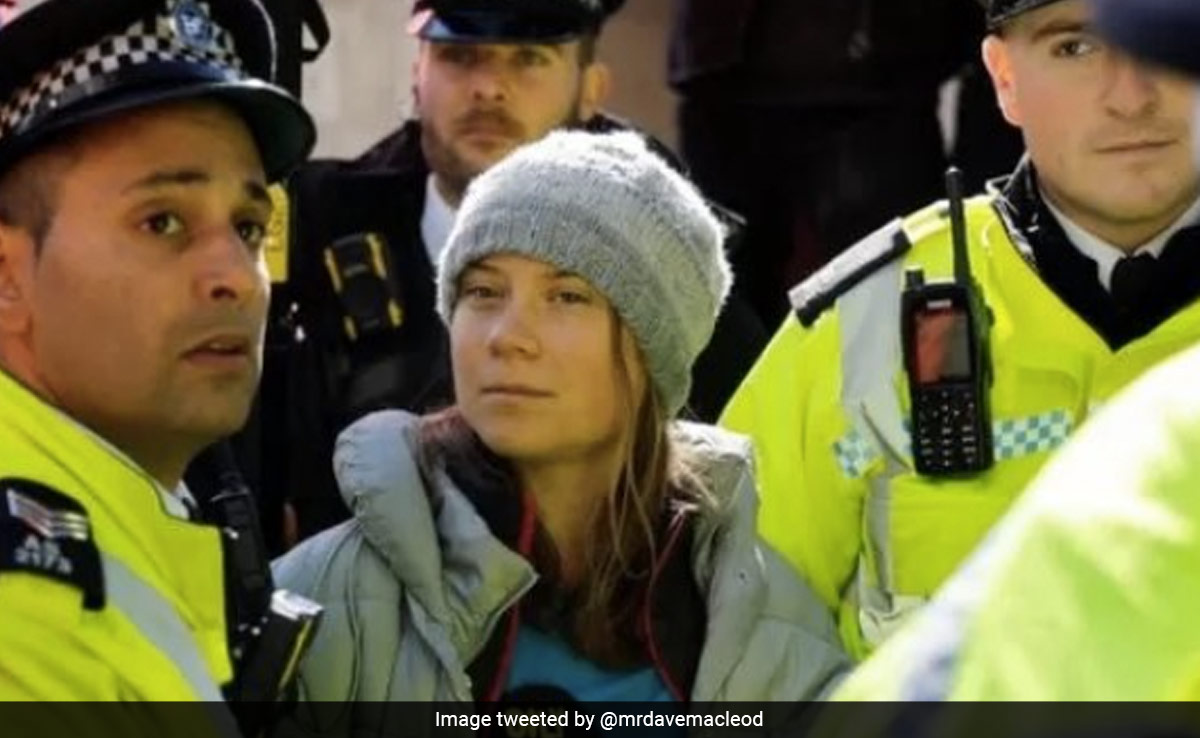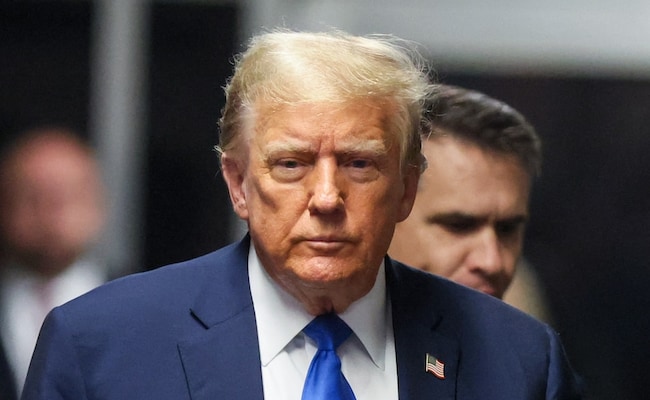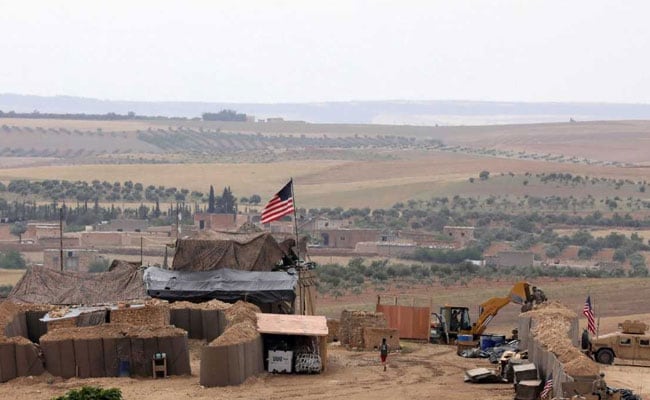United Nations Secretary General Antonio Guterres. File.
| Photo Credit: Reuters
Russia must abide by United Nations sanctions on North Korea, U.N. Secretary-General Antonio Guterres said on June 21 after the two countries this week deepened ties and agreed to provide immediate military assistance if either faces armed aggression.
The pact — signed by Russian President Vladimir Putin and North Korean leader Kim Jong Un on Wednesday — follows U.S. accusations that Pyongyang has been transferring weapons to Russia for use against Ukraine, which it invaded in February 2022. Both Moscow and Pyongyang have denied the accusations.
Also read: What’s behind the Russia-North Korea security pact? | Explained
The U.N. Security Council will meet June 28 on North Korea, diplomats said, at the request of the U.S., France, Britain, South Korea and Japan, who want to discuss weapons transfers by Pyongyang in violation of council resolutions.
Formally known as the Democratic People’s Republic of Korea (DPRK), North Korea has been under U.N. sanctions since 2006 for its nuclear and ballistic missile programs, and those measures have been strengthened over the years — with Russia’s support.
“There are sanctions approved by the Security Council in relation to the DPRK,” Mr. Guterres told reporters on Friday. “Any relationship that any country has with DPRK, including the Russian Federation, must entirely abide by those sanctions.”
Russia’s mission to the United Nations declined to comment on Mr. Guterres’ remarks.
For the past several years the 15-member Security Council has been divided over how to deal with Pyongyang. Russia and China say more sanctions will not help and want such measures to be eased. They proposed some sanctions be lifted in December 2019 but have never put their draft resolution to a vote.

In May 2022, the pair vetoed a U.S.-led push to impose more U.N. sanctions on North Korea over its renewed ballistic missile launches. Russia then vetoed in March the renewal of a panel of experts monitoring enforcement of U.N. sanctions.
Before the panel disbanded at the end of April, three of the experts travelled to Ukraine and — in a report to the Security Council seen by Reuters — determined that the debris from a missile that landed in the Ukrainian city of Kharkiv on Jan. 2 was from a North Korean Hwasong-11 series ballistic missile.
China and Russia say joint military drills by the United States and South Korea provoke Pyongyang, while Washington accuses Beijing and Moscow of emboldening North Korea by shielding it from more sanctions.



